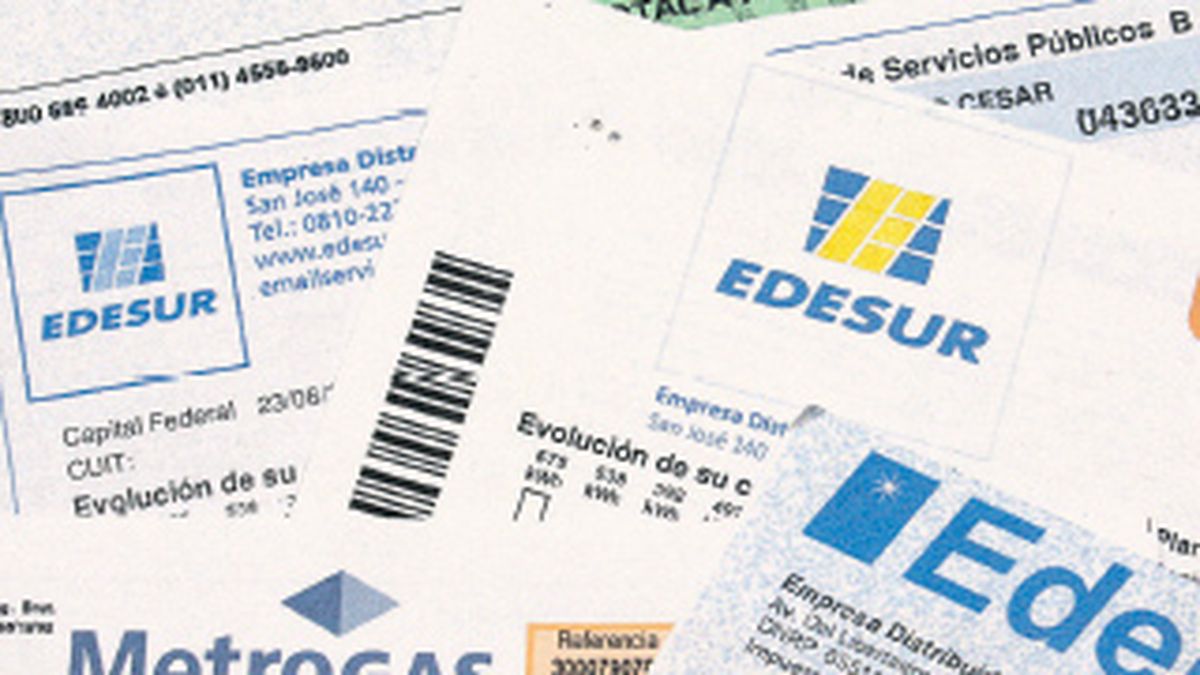The reading of Resolution 267/2024 (BO 11-09-2024), issued by the Secretariat of Industry and Commerce, a dependency of the Ministry of Economy, its content, the rules that make up the legal system, the guidelines for jurisprudential interpretation and, the ruling of the Federal Court of Campana of 17-09-2024(1), give rise to the title of this note.
Therefore, it is worth asking why municipal taxes cannot be included in invoices? The answer involves a complex subject matter, which will be briefly described in certain considerations.
Instrumental aspect
This item includes various issues that are listed below:
- The norm It does NOT prohibit municipalities from imposing fees
- The national government proposes to restrict the means of collecting municipal taxes, based on including them in the invoices of suppliers of public services or certain goods (fuel)
- This methodology was created to improve the collection of taxes because economic difficulties prevent municipalities from having an adequate percentage of collection, which is why these mechanisms, including them in the invoices for public services or goods such as fuel, are a supplementary means that provides efficiency to the collection.
- There are many invoices for sales of goods or services that currently include concepts considered unrelated to the purpose of the tax; among the most common, we can mention goods such as fuel; services such as water, gas, electricity, among others. This assessment is a consequence of the tax collection practices implemented by the State to overcome its own inefficiencies.
The invoices issued by YPF for the purchase of fuel are an example of this type of collection; the concepts included are: a) The quantity of liters, the price and the amount of the purchase; b) National taxes (8 concepts); c) Provincial taxes (4 concepts); d) Municipal taxes (5 concepts). The distribution of the amounts is as follows: Invoiced property 72.37 %; national tax 25.38 %; provincial tax 1.12 %; and municipal taxes 1.13 %.(2)
The distribution of this tax shows that the Nation is the state level that achieves the highest collection with this mechanism (91.86%). This leads to the following question: Will the Nation and the Provinces also eliminate the concepts from the invoices? If the application of the resolution were to be chosen, numerous laws would have to be reformed, or there would be a scenario of conflicts, even at the national level because the AFIP indicated to merchants that sales to final consumers must include VAT on invoices or tickets as of January 1, 2025 (article 39 of the VAT Law, amended by law 27,743).
Systemic Aspect
The constituent designed a constitutional tax system and distributed the powers to sanction taxes between the Nation, the Provinces and CABA (article 75 paragraphs 1 and 2, 9 to 12, 17 and concordant CN) and imposed on these bodies the obligation to support the municipalities (article 5 and 123 CN).
However, this distribution was overshadowed by the appropriation by the Nation of provincial tax competences that led to the sanction of Law 23,548 on Federal Co-participation, plus the planned distribution was not fulfilled due to modifications to the tax regulations, or the creation of impositions (export retention) that affect the co-participation base.
This particularity caused a decrease in the distribution for the provinces, and the same effect for the municipalities, causing creativity in municipal rates.
This circumstance gave rise to triple taxation, which in certain cases leads to confiscation.
Legal Aspect
The national and provincial legal system contains regulations referring to the principle of transparency, allowing the consumer to become aware of the service or the good and the marketing conditions.
Article 42 of the CN, points out the right of the consumer, which means guaranteeing that people have “…reliable and truthful information”; it imposes on the State the obligation of “…the protection of these rights…”; and, therefore, it is required to arbitrate these “conditions of equitable and dignified treatment”.
The Nation has passed laws on Consumer Rights, which refer to transparency, information, and the fact that invoices for goods or services contain concepts unrelated to the purchase and sale. Law 24.240 on Consumer Protection demands that sellers of goods and services be clear and certain about “…the essential characteristics of the goods and services they provide…”; as well as “…the conditions of their commercialization.”
Title VII of Law 27,743, called “Fiscal Transparency Regime” states the principle of transparency (3); Article 98 reformed Article 39 of the VAT Law, establishing the obligation to discriminate VAT on invoices or tickets for sales to final consumers and invites the provinces and CABA to discriminate the tax on gross income and the municipalities the municipal rates.
Laws 10,740 and 11,769 sanctioned by the province of Buenos Aires They refer to the inclusion of concepts unrelated to the object in the invoices.
Analysis Resolution 267
The question that arises is what basis this resolution has? The previous assessments and normative citations show the lack of legal support.; it is even contrary to current reality, because the Nation, the Provinces and the Municipalities incorporate concepts foreign to the bill, and it is even the concepts of the Nation that have the greatest impact.
The cited ruling is an indication of what may happen judicially with this resolution, as it suggests an idea of legal inconsistency, beyond the procedural stage in which it is found; only an interim precautionary measure has been issued and this suspends the application until the National State presents the report provided for in article 4 of law 26.854. Surely the National State will appeal.
Conclusion
Resolution 267 lacks legal basis; this regulatory practice must end.
Argentina demands a complete review of the tax system, requiring the harmonization and coordination of the tax powers of the Nation, the Provinces, and the Municipalities, avoiding “triple taxation”, not causing cases of confiscation due to excesses of this multiplicity and thus, No offend the right to property, promote the prevalence of legal security, avoid misappropriations by the Nation, avoid provincial exorbitances (for example, SICORE) and municipalities do not incur in tax creations, which before being rates are, by their content, true taxes.
The order described will only be possible if there is respect for and compliance with the Constitution and institutions.
On that day, people will be protected again, they will enjoy legal security, long-awaited investments will return and the quality of human life will improve for the inhabitants.
Public accountant. Master in Law from the U Austral; Public Accountant from the UNLP; founding partner Gerardo E Vega e Hijos
(1) “Municipality of Pilar vs. Ministry of Economy of the Nation – Secretariat of Industry and Commerce s/Amparo Law 16986”, Federal Court of Campana, 09-17-2024, File No. 24358/2024 Civil Secretariat No. 2
(2) YPF invoice issued on 08-28-2024, due to reservation the buyer is not identified, nor the invoice number
(3) Law 27742, Title II, Chapter III entitled Administrative Procedure, whose article 24 reforms Law 19549, to which article 1 bis is incorporated
Source: Ambito
I am a 24-year-old writer and journalist who has been working in the news industry for the past two years. I write primarily about market news, so if you’re looking for insights into what’s going on in the stock market or economic indicators, you’ve come to the right place. I also dabble in writing articles on lifestyle trends and pop culture news.




